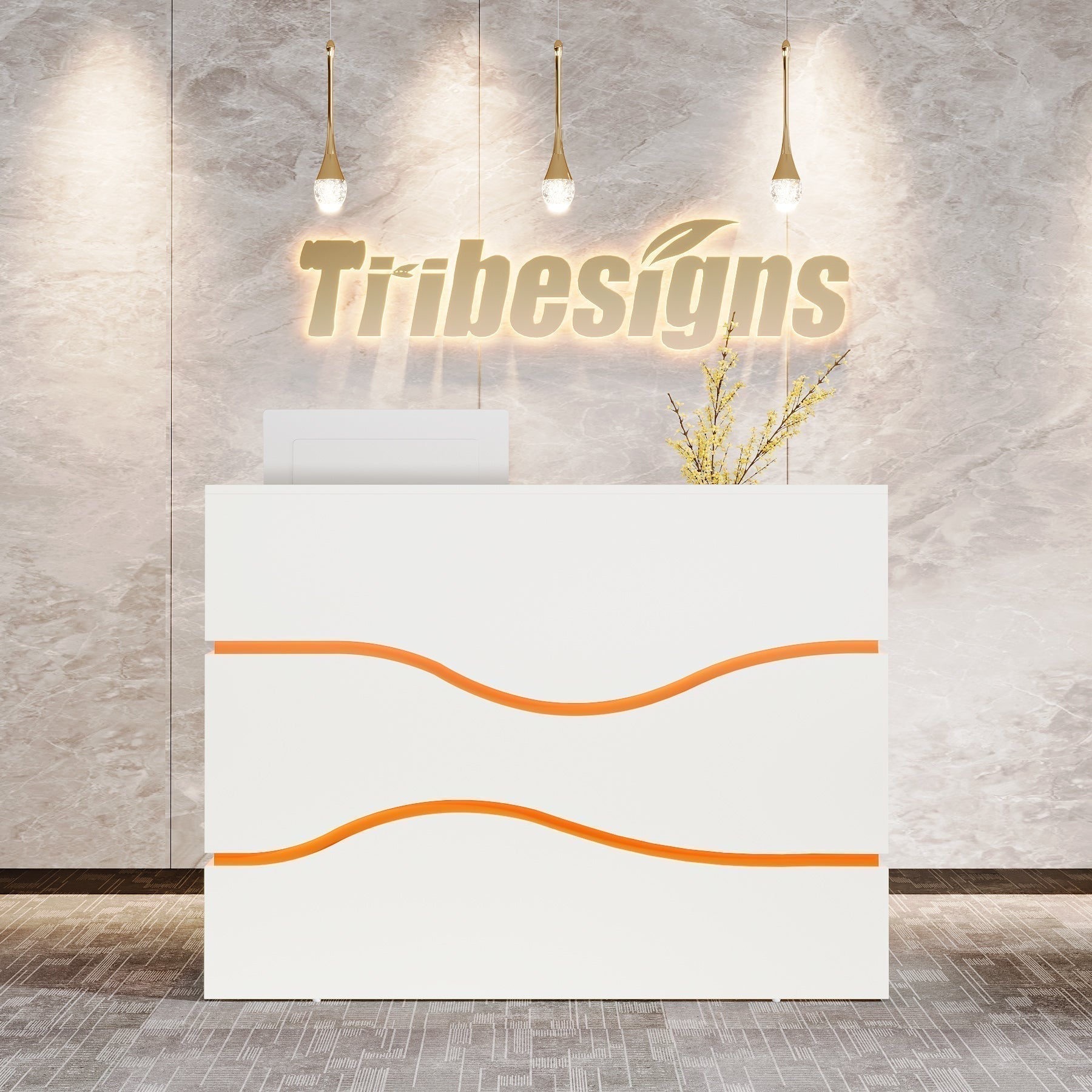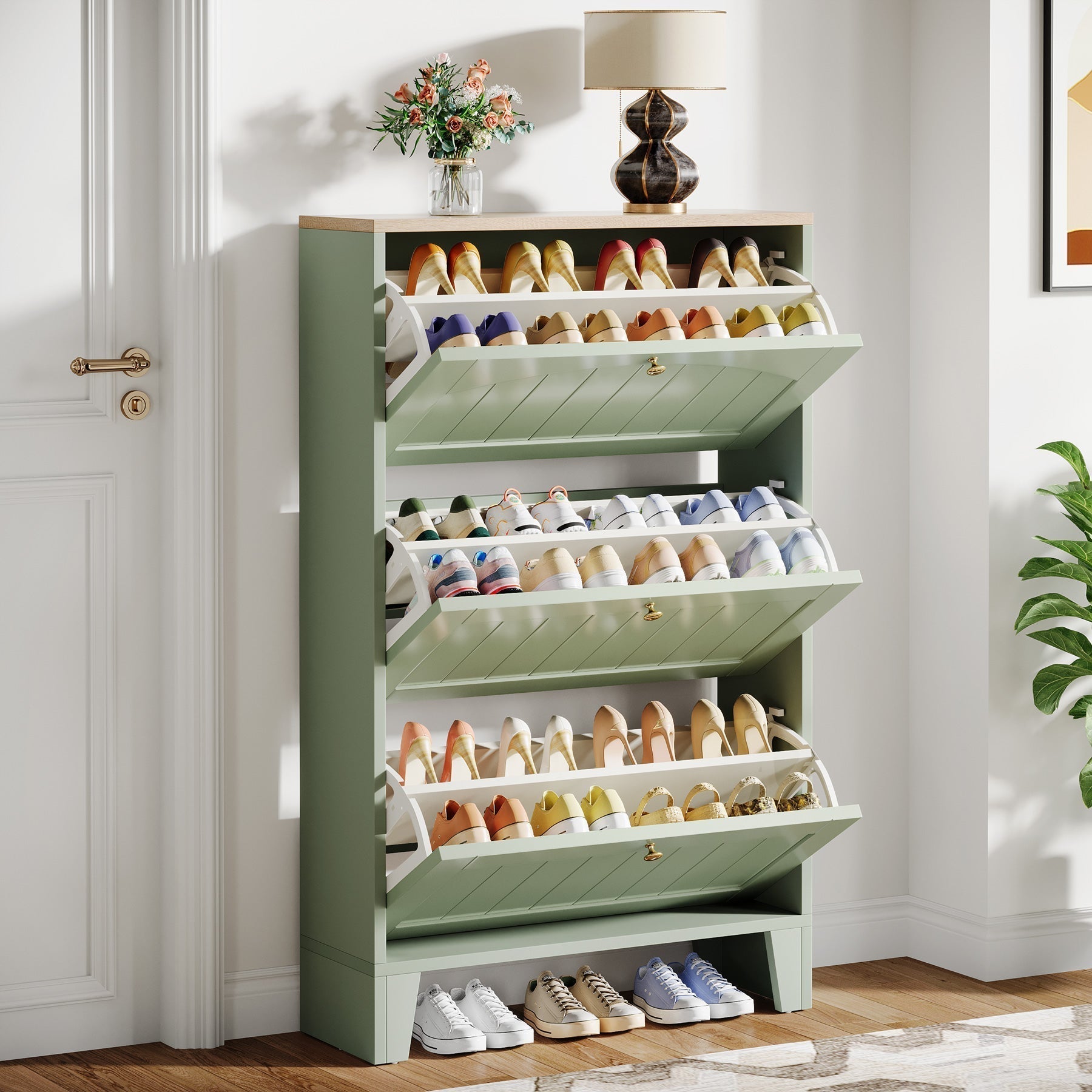Table of Contents
Introduction
If you've ever walked into a well-furnished executive office, you've likely noticed a centerpiece that commands attention—the executive desk. More than just a workstation, an executive desk reflects authority, organization, and professionalism. But what exactly defines an executive desk? And how do you choose the right one for your needs? In this guide, we'll explore everything you need to know, from features and types to real-world benefits and buying tips.
Key Characteristics of an Executive Desk
1. Size and Design
Executive desks are generally larger than standard office desks, providing ample space for documents, computers, and multiple monitors. Many come in L-shaped or U-shaped designs to enhance workflow efficiency.
2. Material and Build Quality
High-quality materials define executive desks. Premium wood like mahogany, oak, and walnut gives a classic look, while modern options use metal, glass, or a combination of both for a contemporary feel.
3. Storage Options
A good executive desk isn’t just about looks—it must be functional. Most come with built-in storage, including drawers, cabinets, and file organizers, ensuring a clutter-free workspace.
4. Aesthetic Appeal
Executive desks often feature elegant craftsmanship with intricate details, polished finishes, and a professional aesthetic that elevates an office’s overall ambiance.
Types of Executive Desks
Choosing the right executive desk depends on your space and work habits. Here are the most popular types:
1. Traditional Executive Desk
-
Features ornate wood designs with rich finishes.
-
Perfect for professionals who prefer a classic, authoritative look.
2. Modern Executive Desk
-
Made of sleek materials like glass and metal.
-
Ideal for contemporary offices with a minimalist design.
3. L-Shaped Executive Desk
-
Provides more workspace and easy organization.
-
Great for multitasking professionals who need separate areas for different tasks.
4. U-Shaped Executive Desk
-
Maximizes workspace with an expansive design.
-
Suitable for executives managing multiple projects and requiring extensive storage.
5. Standing Executive Desk
-
Allows switching between sitting and standing positions.
-
A smart choice for health-conscious professionals looking to reduce sedentary work habits.
Benefits of an Executive Desk
1. Enhances Professionalism and Authority
An executive desk instantly creates an impression of leadership, reinforcing your role as a decision-maker in the workplace.
2. Provides Ample Workspace and Storage
With more surface area and built-in storage, an executive desk helps keep everything organized, from important documents to office supplies.
3. Improves Workflow Efficiency
Having a dedicated space for work ensures better productivity, reducing the need to constantly shift between multiple locations.
4. Contributes to Office Aesthetics
An elegant desk elevates the overall look of an office, making it a welcoming and inspiring environment.
How to Choose the Right Executive Desk
1. Consider Office Space and Layout
Measure your office before buying to ensure the desk fits comfortably without making the room feel cramped.
2. Choose the Right Material
-
Wood: Classic and timeless, but requires maintenance.
-
Metal and Glass: Modern, stylish, and easy to clean.
-
Laminate: Affordable and durable, but lacks the premium feel of wood or metal.
3. Match the Desk with Your Work Style
-
If you need more storage, go for a U-shaped desk.
-
If you prefer flexibility, consider a standing desk.
-
If you like a sleek, modern look, opt for a glass-top desk.
4. Ensure Sufficient Storage and Cable Management
Look for built-in cable organizers and enough drawers to keep your workspace tidy and functional.
Conclusion
An executive desk is more than just furniture—it’s a tool that enhances productivity, organization, and professionalism. Whether you prefer a traditional, modern, or ergonomic design, investing in the right executive desk can make a significant difference in your daily workflow. Take your time to choose one that aligns with your workspace, style, and functional needs, and enjoy the benefits of a well-equipped executive office.







